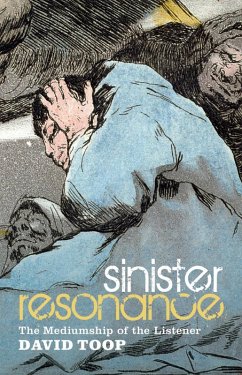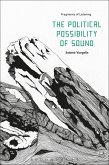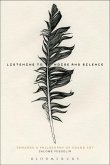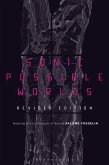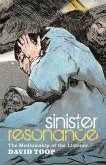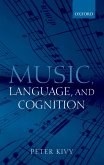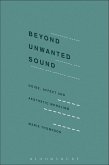Sinister Resonance begins with the premise that sound is a haunting, a ghost, a presence whose location is ambiguous and whose existence is transitory. The intangibility of sound is uncanny - a phenomenal presence in the head, at its point of source and all around. The close listener is like a medium who draws out substance from that which is not entirely there.
The history of listening must be constructed from the narratives of myth and fiction, 'silent' arts such as painting, the resonance of architecture, auditory artefacts and nature. In such contexts, sound often functions as a metaphor for mystical revelation, forbidden desires, formlessness, the unknown, and the unconscious. As if reading a map of hitherto unexplored territory, Sinister Resonance deciphers sounds and silences buried within the ghostly horrors of Arthur Machen, Shirley Jackson, Charles Dickens, M.R. James and Edgar Allen Poe, Dutch genre painting from Rembrandt to Vermeer, artists as diverse as Francis Bacon and Juan Munoz, and the writing of many modernist authors including Virginia Woolf, Samuel Beckett, and James Joyce.
Hinweis: Dieser Artikel kann nur an eine deutsche Lieferadresse ausgeliefert werden.
The history of listening must be constructed from the narratives of myth and fiction, 'silent' arts such as painting, the resonance of architecture, auditory artefacts and nature. In such contexts, sound often functions as a metaphor for mystical revelation, forbidden desires, formlessness, the unknown, and the unconscious. As if reading a map of hitherto unexplored territory, Sinister Resonance deciphers sounds and silences buried within the ghostly horrors of Arthur Machen, Shirley Jackson, Charles Dickens, M.R. James and Edgar Allen Poe, Dutch genre painting from Rembrandt to Vermeer, artists as diverse as Francis Bacon and Juan Munoz, and the writing of many modernist authors including Virginia Woolf, Samuel Beckett, and James Joyce.
Hinweis: Dieser Artikel kann nur an eine deutsche Lieferadresse ausgeliefert werden.

